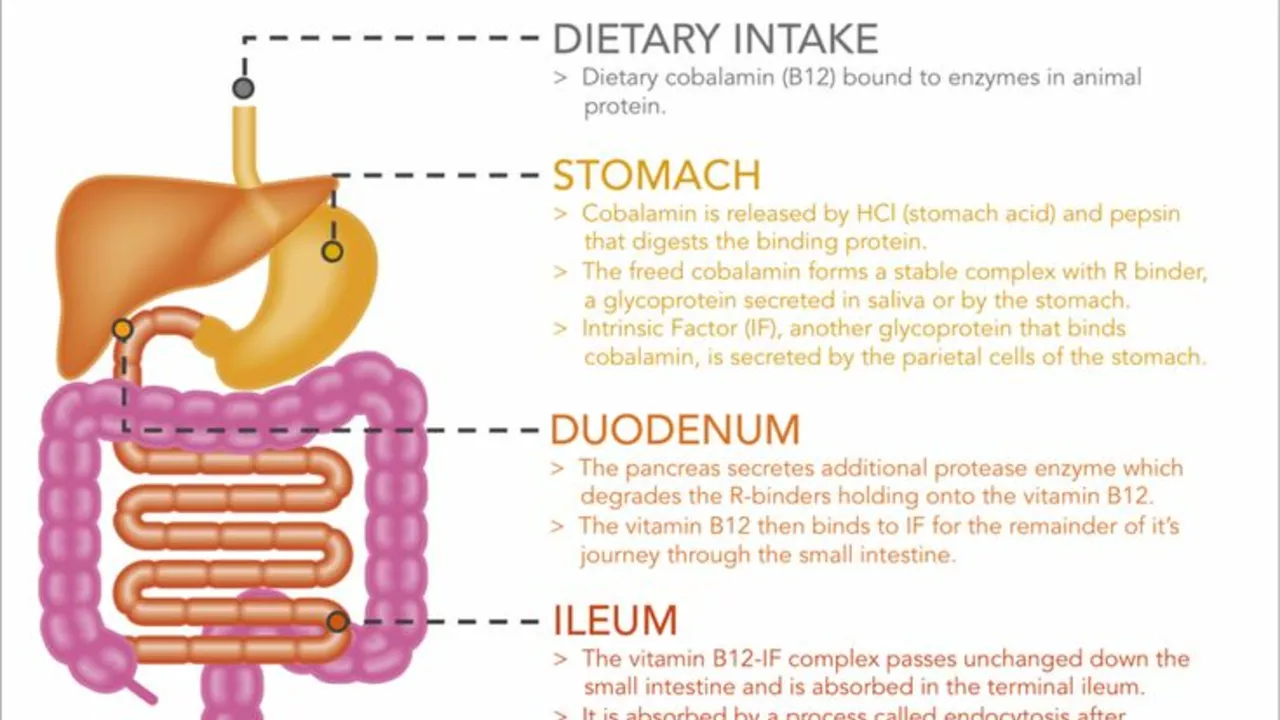Relationship: How Medications, Conditions, and Care Connect
Wonder how one drug affects another, or why two conditions make treatment trickier? This tag pulls together posts that explain real-world relationships in medicine — drug vs. drug, drug vs. disease, and patient vs. care. Use these articles to get clear, practical context before you talk to your clinician or pharmacist.
What this tag covers
You'll find straightforward comparisons (like nifedipine vs. amlodipine), drug alternatives (Ventolin, Symbicort, Duloxetine substitutes), and safety guides for buying meds online. We also include pieces that link conditions to symptoms or side effects — for example, how thyroid problems tie into constipation or how certain antipsychotics affect metabolism. Each post explains the connection so you can spot patterns and ask better questions at appointments.
How to use these posts without getting overwhelmed
Start with the clinical question you have. Are you checking for interactions, looking for alternatives, or learning about side effects? Pick the relevant article and scan the headings for quick answers. For interactions, compare active ingredients and drug classes. For alternatives, note the reasons a drug might be switched: side effects, resistance, cost, or availability.
Two quick habits that help: 1) Always confirm the active ingredient (brand names hide it). 2) Use a verified drug interaction checker or ask a pharmacist before combining meds. For buying online, prefer pharmacies that show licensing, clear contact info, and secure payment. Our reviews flag trustworthy sites and common red flags.
If you’re reading about treatments for conditions like asthma, depression, or infections, focus on practical takeaways: typical use cases, main risks, and signs you should call a doctor. For inhalers, that might mean knowing rescue vs. maintenance drugs. For antibiotics, it’s about resistance and when alternatives matter.
This tag also links to lifestyle and support topics. For fertility struggles, the relationship between coaching, stress, and treatment choices matters. For supplements, we explain when an herbal option like artichoke or goldthread might help and when evidence is weak.
Remember: these articles aim to explain relationships, not replace medical advice. If a post suggests a medication change or flags a serious interaction, take that information to your provider. Use the content to form clear questions and to check what medicines or symptoms might be connected.
Want a faster route? Search within the tag for terms like the drug name, condition, or "alternative." You can also reach out through our Contact page for site-related questions or to suggest topics. Read smart, ask your clinician, and use these guides to make safer, clearer choices about your health.
The Relationship Between Tympanites and Constipation
In my recent exploration into health issues, I've delved into the connection between tympanites and constipation. Tympanites, commonly known as abdominal bloating, often appears hand in hand with constipation. The reason is that when constipation occurs, it can lead to an accumulation of gas in our intestines, causing that uncomfortable bloating feeling. However, it's a two-way street as persistent bloating can also lead to constipation. It's a complex relationship that highlights the importance of a healthy, well-functioning digestive system.
View more
